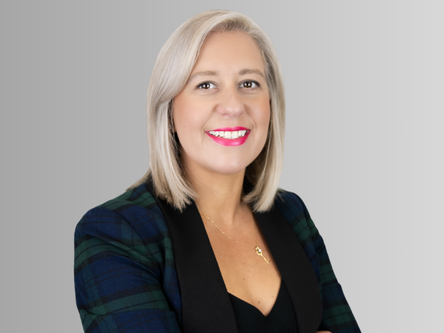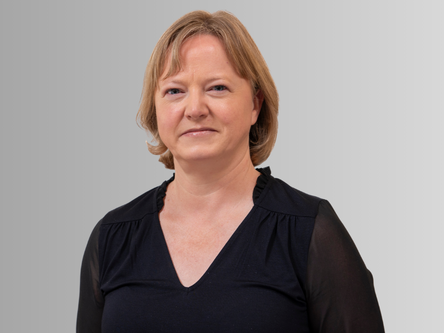Home > For individuals + families > Power of Attorney
Power of Attorney
We recommend that each individual should not only have a Will in place but also a Power of Attorney (POA). This is a document which nominates those who you would wish to look after your affairs in the event of you losing mental or physical capacity, whether temporarily or permanently, through accident, illness or old age.
Powers of Attorney
The POA can cover two distinct areas, the continuing or business side which deals with your legal and financial affairs and the welfare side which deals with your treatment and care by the medical and care professionals.
The business powers can be operated at any stage where you no longer wish to be responsible for looking after your interests despite having the capacity to do so.
The welfare powers on the other hand only operate where you are not otherwise in a position to provide your own personal input regarding your treatment and care.
While we frequently combine these two areas into a single document, it is also possible to separate the two and add a more detailed Advanced Medical Statement to your Welfare POA providing greater direction as to your preferences in the area of medical intervention.
Let us help you
Contact us to find out what we can do to help

Who should be my attorney?
Those who you appoint to be your attorneys should be people you trust and as far as the Welfare appointment is concerned someone who knows you and your wishes well.
You should remember that your attorneys do not need to have specific financial or other skills as their job is not necessarily to carry out all the administrative tasks themselves but rather to ensure that your affairs are being correctly looked after, utilising additional professional input as and when required.
We also offer attorneys a full range of supportive services to assist them in their responsibilities.

Legal issues if you do not have a POA
It is important to remember that the POA does not involve you immediately relinquishing control over your own affairs but rather it works as a safety net providing the future framework for your interests to be looked after should those circumstances arise.
On the one hand it may never be used but on the other it is an absolutely invaluable document if it is needed, easing the difficulties for those nearest to you at an otherwise difficult time.
If a POA is not in place then apart from some limited powers available from the Office of the Public Guardian, the only other option is to approach the Court for the appointment of a Guardian to oversee the interests of the adult. This is an expensive, time consuming and cumbersome process, not only in the initial stages of appointment but also in the ongoing annual administration. This can be avoided by executing a simple POA.
Those who have no choice must resort to Guardianship but those who are able are encouraged to ensure they have a POA in place. We are contacted several times every year by family members seeking a POA for a relative who has a capacity issue but in many cases that contact has come too late as the individual must execute the POA prior to the loss of capacity.
Latest news
A major conference will be held later this year to honour pioneering female solicitor Ethel Houston – who would have
Balfour+Manson has promoted two of its senior associate solicitors from its Property and Private Client teams in Aberdeen to Partner,
Our expertise
Our experienced team are able to support you to get your Power of Attorney in place.











